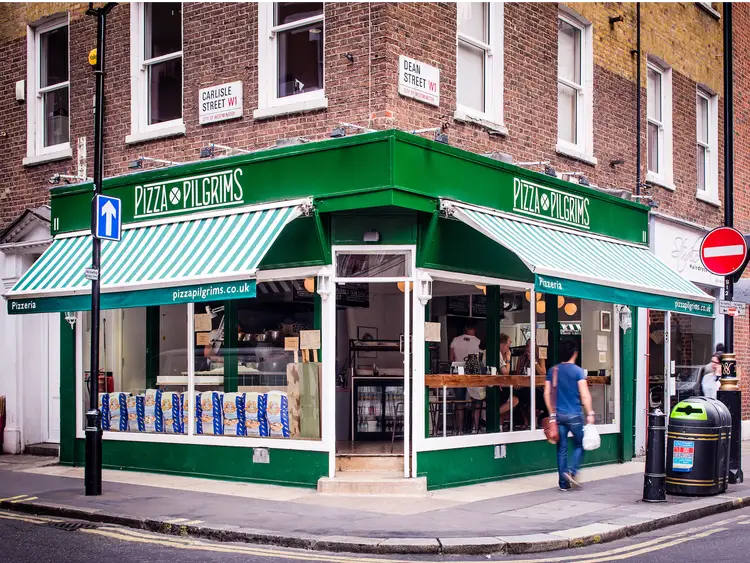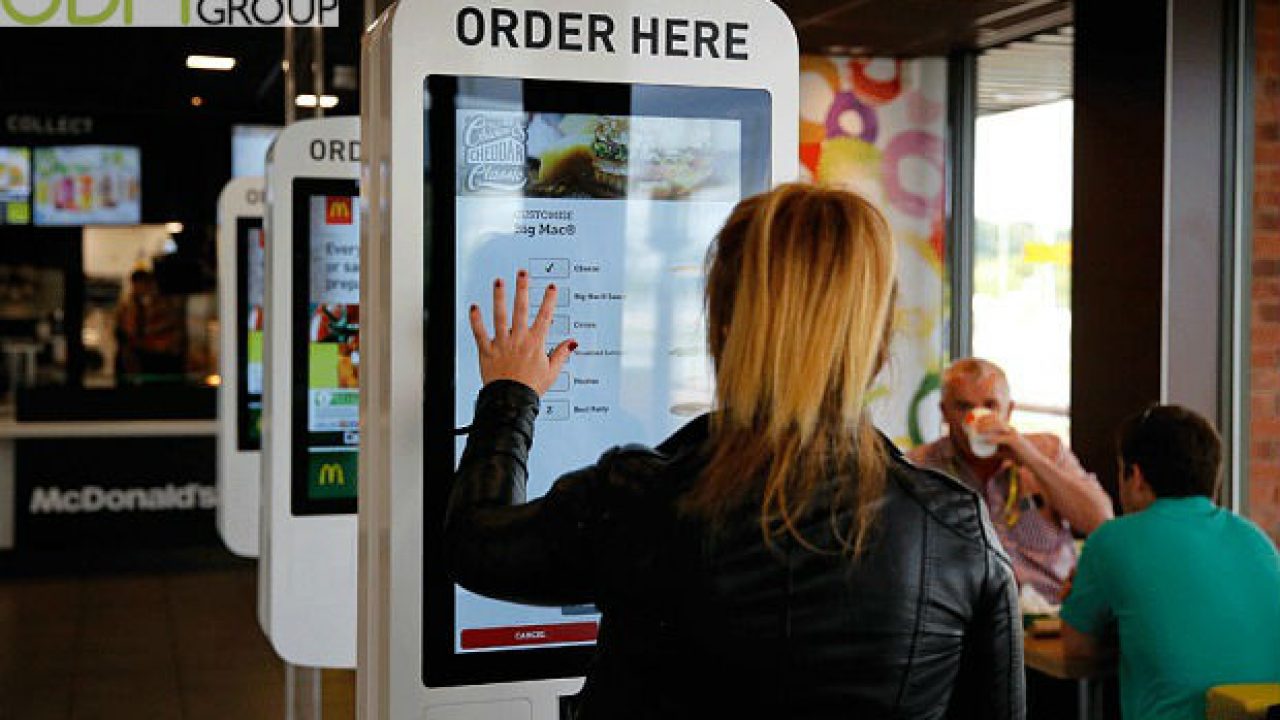Online reviews and reputation play a huge role in the success of any business in today’s world. Emerging small and medium-sized hospitality enterprises in the UK are making use of robust techniques to manage their online reputation, turning negative reviews into opportunities, engaging with customers on a regular basis, and consequently enhancing their business.

This article highlights the role played by online reviews in the success of UK hospitality SMEs and their impact on customer perceptions. The article further examines the solutions provided by Grafterr and emerging trends in online reputation management.
Online reputation management and UK hospitality SMEs
Online reputation management (ORM) refers to the process of creating a positive perception of a business, brand, or individual. To improve the reputation of their brand, businesses use certain measures to work on managing online reviews. ORM aims to increase trust between the brand and customers, increase sales, and build industry authority.
Around seven in 10 hospitality enterprises in the UK are SMEs, which is the highest proportion of SMEs among all industries. Considering the massive increase in user-generated content and people’s tendency to have online conversations, maintaining a positive digital presence in the hospitality sector is of huge significance.
Online reviews and user-generated content are the go-to when it comes to people choosing hotels, restaurants, and services they provide. Given below are the top five strategies hospitality SMEs use in improving and managing online reputation:
- Engage with customers through online reviews
Creating an online community through regular engagement with customers is one of the most proficient ways to improve online reputation. Using their feedback, the company can create a conversation online addressing the comments.

Whether the feedback is positive or negative, relevant or not, companies should always respond in order to showcase themselves as a responsible enterprise that cares for the opinions and perceptions of their customers.
Having special memberships or organizing online events to engage customers creates a sense of community between businesses and their customers. The feeling of belongingness to a community increases the popularity of businesses. By engaging with customers, UK hospitality SMEs can create a healthy interactive environment where customers can feel comfortable and part of their community.
- Harnessing positive reviews
- SMEs can ask those customers for reviews who have had positive experiences and enjoyed the services provided. Such customers are most likely to leave a review.
- Enterprises must make sure their online review system is easy and involves few clicks and less scrolling. Customers wanting to leave a review tend to leave the review process in the middle due to it being complicated and time-consuming.
- To prompt customers to leave a positive review, enterprises can provide them incentives. For example, offering free giveaways for leaving a review can prompt customers to give positive reviews. Companies can also offer discounts on future purchases if the customer leaves a review.
- Enterprises must not delay in seeking reviews from customers. Customer’s perceptions regarding the services can change or fluctuate depending on the circumstances. Therefore, a delay in asking for a review can result in losing out on a positive review.
- Lastly, potential customers usually go through reviews before deciding to choose any hospitality SME. Having prompt responses and online engagement on reviews gives a positive impression to new users.
- Turning negative feedback into positive
- SMEs should differentiate between constructive and destructive feedback. Destructive feedback can be a sign of a customer’s insecurities or misperceptions. Constructive feedback gives the enterprise the details regarding all the issues a customer has faced while with the company’s services.

- Companies must respond to both criticisms in an adequate manner, using constructive feedback to improve the services so the same complaints are not repeated.
- Enterprises must have a protocol in place to deal with negative reviews. Enterprises should engage the dissatisfied customer with a courteous message and leave contact information to resolve the issue.
- Getting a response from all the dissatisfied customers is not likely, however, those who do respond will feel happy knowing that you care for their issues.
- SMEs can take the problems mentioned in the online reviews offline by engaging with dissatisfied customers face-to-face. Customers will be encouraged to redo their reviews once the company addresses their dissatisfaction offline.
- Companies must monitor their online reputation on a daily basis. It is essential that negative reviews are identified immediately and resolved as soon as possible. Unaddressed negative reviews can further deteriorate the company’s online reputation.
UK Hospitality SMEs that achieved success through ORM
There are numerous examples of UK hospitality SMEs that have achieved success through feedback management using the techniques mentioned above.
Being one of the UK’s leading UK hospitality SMEs, Young’s Pub utilizes customer feedback to improve their business in online reputation management.

According to Emma Dickinson, Sales and Social Strategy Manager at Young’s Pubs, digital platforms are essential for reputation management. They have a team to deal with the online aspects of their business, and they pay key attention to the online channels, social media, and review sites.
Similarly, Pizza Pilgrims is another local UK hospitality SME that has achieved success through engaging with customers online through the online reputation management system.
Pizza Pilgrims updates their social media pages every day, engages with its customers, responds to feedback and reviews immediately, and provides a positive environment online. Pizza Pilgrims earned £586,057 in 2021, which went up by 195.88% compared to the previous year.

Exploring new strategies in ORM with Grafterr
Grafterr’s innovative solutions cater to the need of time while also keeping in view the future of the industry that goes in tandem with new trends in online reputation management. For example, social listening is a new trend in ORM that allows the enterprise to see exactly what the customers think of their services by monitoring the social media platforms.
Grafterr’s solutions, such as online ordering, QR Mobile Order, and Pay, go hand-in-hand with social listening. Customer feedback is recorded in the online ordering system and can be reviewed. This also ensures that no review is left unresponded.
Furthermore, other trends include influencer partnerships, which allow enterprises to collaborate with internet celebrities and influencers to increase the popularity of their products and services. Promoting Grafterr solutions like an easy-to-use GOPayment App through influencer collaboration can be a perfect opportunity.
Lastly, user-generated content such as online reviews, feedback, and social media posts regarding the enterprise or its services can be managed in a better way through Grafterr’s solutions that make it easier for customers to engage, order, and make payments.
Conclusion
To conclude, businesses owe their success to online reviews and user-generated content as much as any other factor. UK Hospitality SMEs ensure customer satisfaction through feedback management, engaging with customers, resolving their issues, and improving their online services through the help of Grafterr’s solutions.
Hospitality businesses need to have a complete team in place that deals with online reputation management, which is essential in increasing customer satisfaction and building trust and industry reputation. Grafterr offers innovative point of sales and payment solutions to UK Hospitality SMEs.




